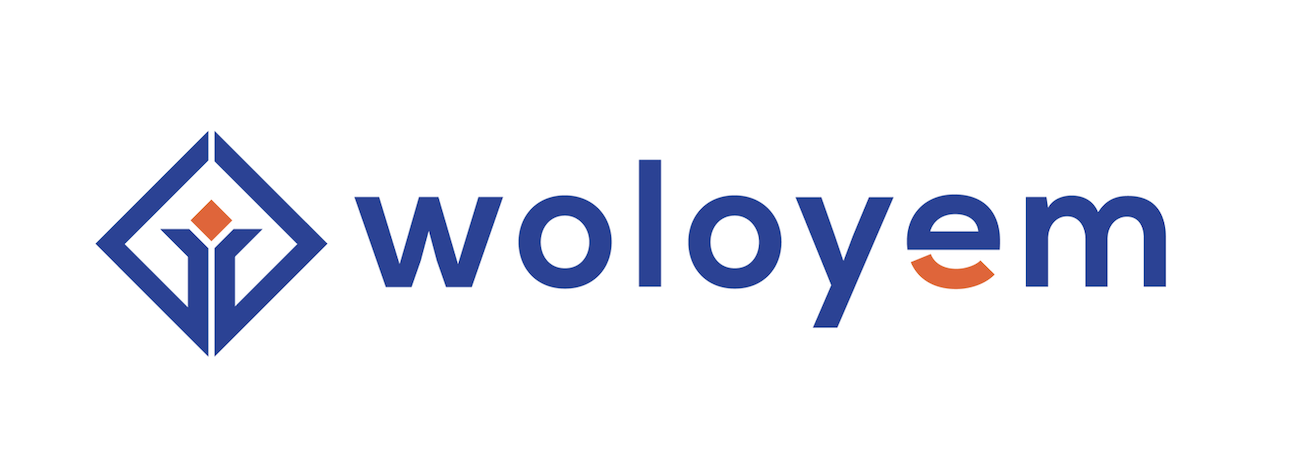Managing Regulatory Compliance in Projects: Strategies for ensuring that projects meet all legal requirements and industry standards.
Oct 30
/
Essowe Abalo
The Importance of Regulatory Compliance in Projects
In today's globalized business landscape, understanding and adhering to regulatory compliance has never been more critical. Failing to do so can result in severe penalties, damage to reputation, and potential loss of business. Ensuring that projects meet all legal requirements and industry standards is not just about risk mitigation but also about capitalizing on opportunities and creating a competitive advantage.
Strategies for Managing Regulatory Compliance
Stay Updated: Regularly review and update your knowledge on local, state, federal, and international laws relevant to your project.
Hire Compliance Experts: Consider hiring or consulting with experts who specialize in the specific area of compliance you are dealing with.
Integrate Compliance into Project Management: Make compliance a core aspect of your project planning and execution. Every stage should have compliance checks built-in.
Use Technology: Leverage software tools and platforms that can help automate and track compliance requirements.
Regular Audits: Periodic internal and external audits can help in identifying any potential oversights and rectifying them before they become larger issues.
Training and Education: Ensure that all team members are aware of the importance of compliance and are trained on the latest regulations and standards.
Regular Audits: Periodic internal and external audits can help in identifying any potential oversights and rectifying them before they become larger issues.
Training and Education: Ensure that all team members are aware of the importance of compliance and are trained on the latest regulations and standards.
Open Communication Channels: Create an environment where team members can voice concerns or seek clarifications regarding compliance without fear of repercussions.
Feedback and Continuous Improvement: After project completion, gather feedback on the compliance process and use it to make continuous improvements.
Documentation: Maintain detailed records of all compliance-related activities. This not only serves as evidence during audits but also helps in refining strategies for future projects.
Stakeholder Engagement: Regularly engage with stakeholders, including legal teams, government bodies, and industry associations, to ensure alignment in compliance objectives and strategies.
10 Professional Certifications that Aid in Managing Regulatory Compliance in Projects
- Certified Regulatory Compliance Manager (CRCM)
- Certified Information Systems Security Professional (CISSP)
- Certified Information Security Manager (CISM)
- Project Management Professional (PMP)
- Certified Compliance & Ethics Professional (CCEP)
- Certified Anti-Money Laundering Specialist (CAMS)
- ISO 27001 Lead Implementer
- Certified in Risk and Information Systems Control (CRISC)
- Certified Information Privacy Professional (CIPP)
- TAPMI (T. A. Pai Management Institute) Certification in Regulatory Compliance
Acquiring any of the above certifications equips professionals with specialized knowledge and skills required to manage regulatory compliance effectively. These certifications also boost credibility and trustworthiness in the eyes of stakeholders and clients.
In Conclusion
Regulatory compliance in projects is an evolving landscape. With changing laws and standards, project managers and leaders must be proactive in their approach and employ strategic measures to ensure that every aspect of their projects remains compliant. By doing so, not only do they protect their organizations from potential legal pitfalls, but they also pave the way for projects that are more robust, resilient, and respected in the industry.
Latest from our blog
Courses

At Woloyem, we support you from start to finish in your project management journey and certifications.
-
Training and consulting
-
PMP®, PRINCE2®, ITIL®, CAMP®, PgMP®
-
English & French
Woloyem mobile app
Connect with us
We are available 24/7 to assist you.
Czech Republic number
+420 777 464 549
Ivory Coast number
+225 0704457587
+225 070 787 3303
Les logos PMI®, PMP®, PgMP®, PfMP®, CAPM®, PRINCE2®, ITIL®, Network et PeopleCert® Authorised Training Organisation sont des marques déposées respectivement du Project Management Institute, de PeopleCert, d'AXELOS et de GamingWorks.
Droits d'auteur © 2026
